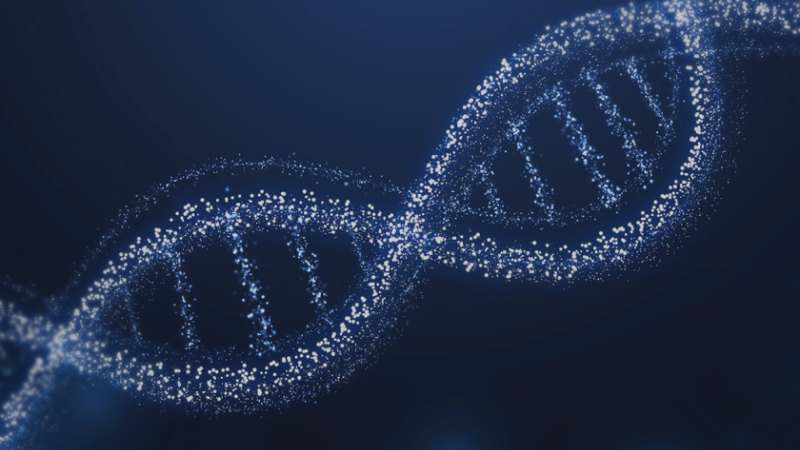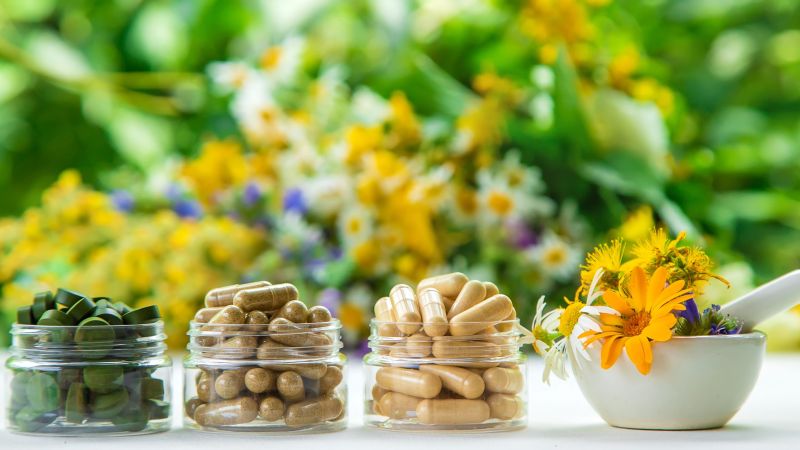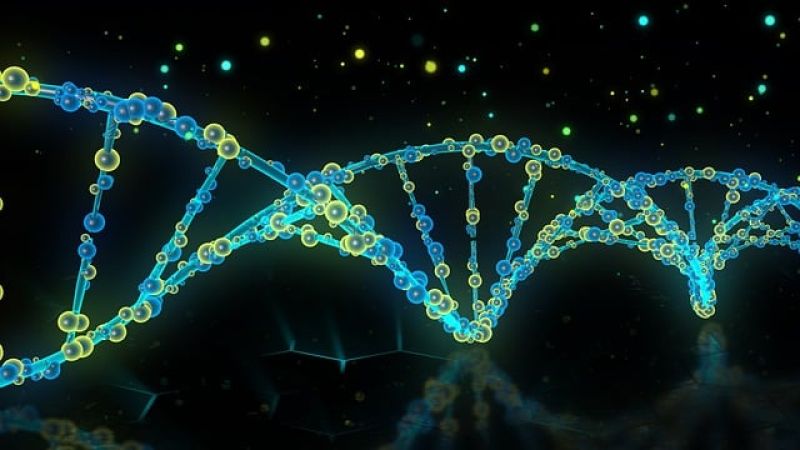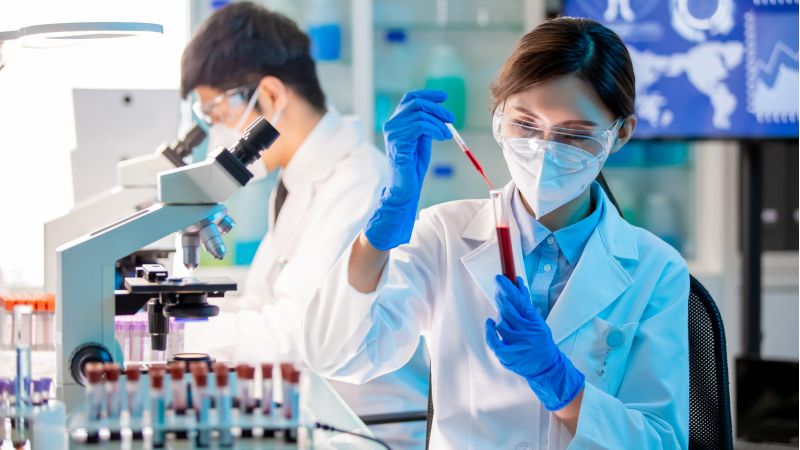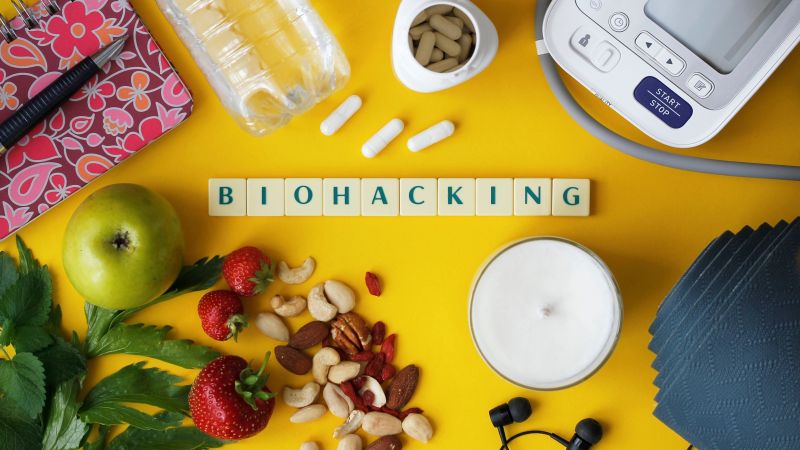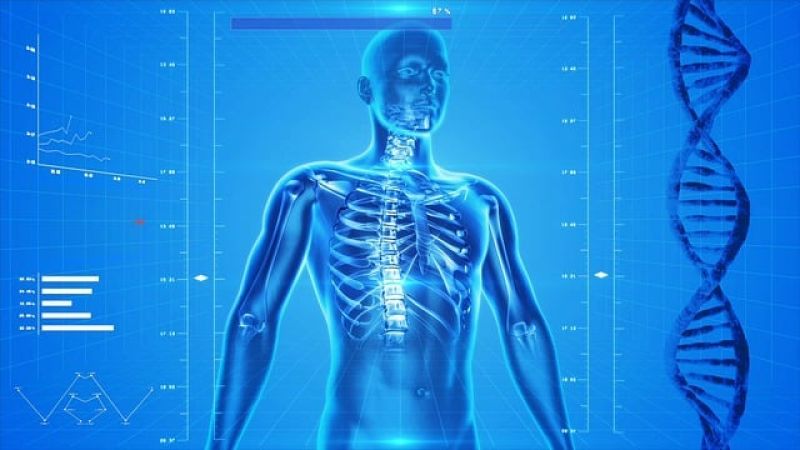
Understanding the Concept of Biological Age: A Detailed Exploration
In recent years, the concept of physiological age has gained significant attention in the field of health and aging.
Unlike chronological age, which simply refers to the number of years a person has lived, biological or sometimes called physiological age aims to assess an individual’s biological functioning and overall health status.
By understanding how the body ages biologically, researchers and healthcare professionals can gain valuable insights into aging and its impact on health.
“Your biological age is a critical component in the entire aging process, and again, can be very different from your chronological age.” – Deepak Chopra, Renowned Physician and Author.
Defining Biological Age
Physiological age, also known as biological or functional age, measures the condition of your body systems and organs in relation to a standard or average level of functioning for a specific age group. It considers factors such as muscle strength, cardiovascular health, cognition, and immune function. While chronological age remains constant, physiological age can vary significantly among individuals, reflecting differences in lifestyle, genetics, and overall health.
When thinking about age, you often focus solely on the number of years that have passed since an individual was born. However, this concept of chronological age only tells part of the story. Physiological age, however, provides a more comprehensive understanding of a person’s true age and overall well-being.
Imagine two individuals who are both 40 years old chronologically. One person leads an active lifestyle, exercises regularly, eats a balanced diet, and manages stress effectively. The other person, however, leads a sedentary lifestyle, consumes unhealthy food, and experiences high levels of stress daily. Their physiological ages may differ significantly despite being the same age on paper.
The Difference Between Chronological and Biological Age
Chronological age is simply the time that has passed since an individual was born, whereas biological age reflects the actual state of the body and its ability to function optimally. It considers various aspects of health, including physical, mental, and emotional well-being.
While chronological age is a fixed number, biological age is dynamic and can change over time. It is influenced by a multitude of factors, both internal and external, that impact your overall health and vitality.
For example, two individuals who are both 40 years old chronologically may have different physiological ages based on their lifestyle choices and overall health. The person who engages in regular exercise, maintains a healthy diet, and manages stress effectively may have a physiological age that is younger than their chronological age.
On the other hand, the person who leads a sedentary lifestyle, consumes a poor diet, and experiences chronic stress1 may have a physiological age that is older than their chronological age.
Understanding the differences between these two concepts is crucial in assessing an individual’s true age and potential health risks. It allows you to recognize that age is not solely determined by the number of years lived but rather by the state of your body and its ability to function optimally.
Key Factors Influencing Biological Age
Several factors play a significant role in determining biological age. Genetics, for instance, can influence how the body ages and the risk of developing certain age-related diseases. While you cannot change your genetic makeup, understanding your genetic predispositions can help you make informed lifestyle choices to mitigate potential risks.
Lifestyle choices, such as diet, exercise, and stress management, also have a profound impact on physiological age. Engaging in regular physical activity helps maintain muscle strength and cardiovascular health, while a balanced diet provides essential nutrients for optimal bodily functions. Effective stress management techniques, such as meditation or engaging in hobbies, can reduce the negative effects of chronic stress on the body.
Additionally, environmental factors can accelerate the aging process and contribute to an individual’s physiological age. Exposure to toxins and pollutants, whether in the air we breathe or the products we use, can have detrimental effects on our health. Taking steps to minimize exposure to harmful substances can help slow down the physiological aging process.
By addressing these key factors, individuals may be able to slow down their physiological aging and maintain better health as they grow older. It is never too late to make positive changes and take control of our physiological age, regardless of our chronological age.
The Science Behind Biological Age
Understanding the science behind physiological age requires exploring the biological processes that occur in the body as you age. As you read on, you will discover that physiological age is not solely determined by the number of years you have lived but rather by a complex interplay of various factors. These factors include biological processes, genetics, and environmental influences.2
Biological Processes and Physiological Age
Several biological processes contribute to the concept of physiological age. Telomeres, the protective caps at the end of chromosomes, play a vital role in cell aging and senescence. These telomeres act as a buffer, preventing the loss of important genetic information during cell division. However, with each cell division, telomeres gradually shorten. As these telomeres shorten over time, cells become less able to replicate and function properly, leading to the overall aging of body systems.
Moreover, oxidative stress and inflammation, two interconnected processes, can accelerate the aging process by damaging cells and DNA. Oxidative stress occurs when there is an imbalance between the production of reactive oxygen species (ROS) and the body’s ability to neutralize them. This imbalance can lead to cellular damage and contribute to the aging process.
Inflammation, on the other hand, is the body’s response to injury or infection. While acute inflammation benefits healing, chronic inflammation can harm the body and contribute to accelerated aging.
The Role of Genetics in Biological Age
While genetics can influence your susceptibility to age-related diseases, they also play a role in your biological age. Variations in genes can affect how efficiently our body repairs itself, metabolizes nutrients, and responds to environmental factors. For example, certain genetic variations may decrease antioxidant enzyme production, making individuals more susceptible to oxidative stress and accelerated aging.
Understanding your genetic makeup can provide insights into your physiological age and potential health risks. Genetic testing and analysis can help identify specific gene variants associated with accelerated aging or increased susceptibility to age-related diseases. Armed with this knowledge, individuals can make informed lifestyle choices and take proactive steps to mitigate the effects of aging.
In conclusion, the science behind biological age is a fascinating and intricate field of study. It involves unraveling the biological processes that contribute to aging, such as telomere shortening, oxidative stress, and inflammation. Additionally, genetics play a significant role in determining your physiological age, influencing how your body repairs itself and responds to environmental factors. By understanding these factors, you can gain valuable insights into your own aging process and make informed decisions to promote healthy aging.
Measuring Physiological Age
Various methods exist for determining an individual’s physiological age. These methods aim to evaluate different aspects of body function and provide a broader understanding of overall health.
Physiological age refers to the age at which your body systems and functions are operating, which may or may not correspond to your chronological age. While chronological age simply refers to the number of years you have been alive, physiological age considers factors such as physical fitness, cognitive function, and biomarkers to assess how well your body is aging.
Common Methods for Determining Physiological Age
One commonly used method involves assessing physical fitness through exercises such as cardiorespiratory fitness tests, grip strength measurements, and flexibility assessments. These tests indicate how well your body systems are functioning. For example, a cardiorespiratory fitness test measures how efficiently your heart and lungs are working together to supply oxygen to your muscles during exercise. Grip strength measurements can reflect overall muscle strength and function, while flexibility assessments evaluate the range of motion in your joints.
In addition to physical fitness assessments, cognitive function tests are also used to determine physiological age. Memory tests, for instance, can assess how well your brain is functioning and provide insights into cognitive decline associated with aging. These tests often involve recalling information, solving puzzles, or performing tasks that require mental agility.
Biomarkers, such as blood pressure, cholesterol levels, and hormone levels, are another important aspect of physiological age measurements. These biomarkers can provide valuable information about the health of the cardiovascular system, metabolic function, and overall hormonal balance. By evaluating these biomarkers, healthcare professionals can gain insights into the risk of developing certain age-related diseases or conditions.
Combining these methods helps paint a comprehensive picture of an individual’s physiological age. A more accurate assessment can be made by considering multiple aspects of body function, including physical fitness, cognitive function, and biomarkers.
The Accuracy and Limitations of Physiological Age Measurements
While measuring physiological age can provide valuable insights, it is important to recognize the limitations of these assessments. The accuracy of physiological age measurements may vary depending on the specific method used and individual variations. For example, different fitness tests may yield different results and cognitive function can be influenced by various factors such as stress or fatigue.
It is also important to note that physiological age measurements may not capture the full complexity of the aging process. Aging is a multifaceted phenomenon influenced by genetic, environmental, and lifestyle factors. While physiological age assessments provide a snapshot of certain aspects of aging, they may not consider other relevant factors such as social determinants of health, which can also impact overall well-being and aging.
Nevertheless, these measurements remain a useful tool in understanding individual health and assessing the effectiveness of interventions aimed at slowing down the aging process. By tracking physiological age over time, individuals and healthcare professionals can monitor changes and make informed decisions about lifestyle modifications or medical interventions to promote healthy aging.
Physiological Age and Health
Your physiological age has a significant impact on your overall health and well-being.
How Physiological Age Impacts Overall Health
An individual’s physiological age can determine their susceptibility to age-related diseases and influence their overall quality of life. For example, individuals with a younger physiological age may experience better physical and cognitive function, increased longevity, and a reduced risk of chronic diseases such as cardiovascular disease, diabetes, and certain types of cancer. Conversely, an individual with an older physiological age may experience decreased physiological reserve and increased vulnerability to age-related health issues.
The Relationship Between Physiological Age and Disease Risk
Studies have shown that a higher physiological age is associated with an increased risk of developing various diseases. As you age physiologically, you become more susceptible to conditions such as coronary artery disease, osteoporosis, and neurodegenerative diseases. Understanding the relationship between physiological age and disease risk is essential in developing preventive strategies and personalized interventions to promote healthy aging.
Lifestyle and Physiological Age
Lifestyle choices profoundly impact the physiological age and overall health outcomes.
The Impact of Diet and Exercise on Physiological Age
A healthy diet and regular exercise can positively influence biological age. Consuming a diet rich in fruits, vegetables, whole grains, and lean proteins provides essential nutrients and antioxidants that support cellular function and reduce oxidative stress. Regular physical activity3, including aerobic exercise and strength training, improves cardiovascular fitness, muscle strength, and cognitive function. By adopting a healthy lifestyle, individuals can slow down their physiological aging and promote better overall health.
Stress, Sleep, and Other Lifestyle Factors Affecting Biological Age
In addition to diet and exercise, other lifestyle factors also influence biological age. Chronic stress, for example, can accelerate the aging process by increasing inflammation and damaging cells. Adequate sleep is essential for cellular repair and rejuvenation. Other factors such as smoking, excessive alcohol consumption, and exposure to environmental toxins can also contribute to accelerated biological aging. Recognizing and addressing these lifestyle factors is crucial in maintaining a younger biological age and reducing the risk of age-related diseases.
Conclusion
Understanding the concept of biological age provides valuable insights into the aging process and its impact on health. By recognizing that people age differently from a biological perspective, you can make informed decisions about your lifestyle choices and engage in interventions aimed at slowing down the aging process. Through maintaining a healthy lifestyle, managing stress, and regularly assessing your biological age, you can promote healthier aging and improve your overall well-being. Are you aging faster or slower than your peers? Find out by taking this simple test.
Lastly, if you’re interested in going deeper on health-related content, here are a few of our recent posts that you may want to read:
- 9 Powerful Benefits of Optimizing Your NAD
- Why Optimized, Precision Medicine is the Future
- What Does Peak Performance Look Like?
- Andrew Huberman is Wrong About NAD, NAD+ precursor & Longevity
Referenced Sources:
Read More






